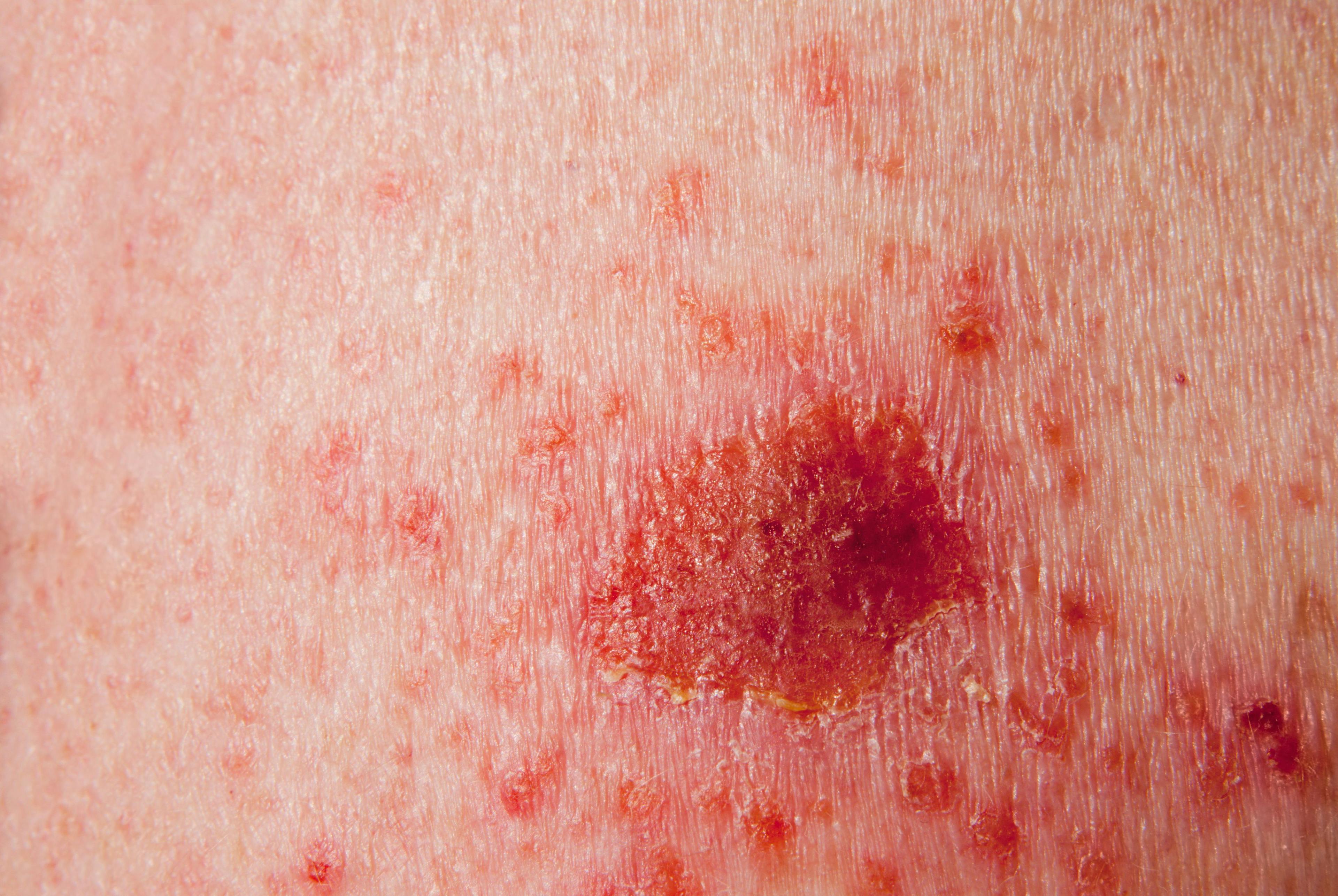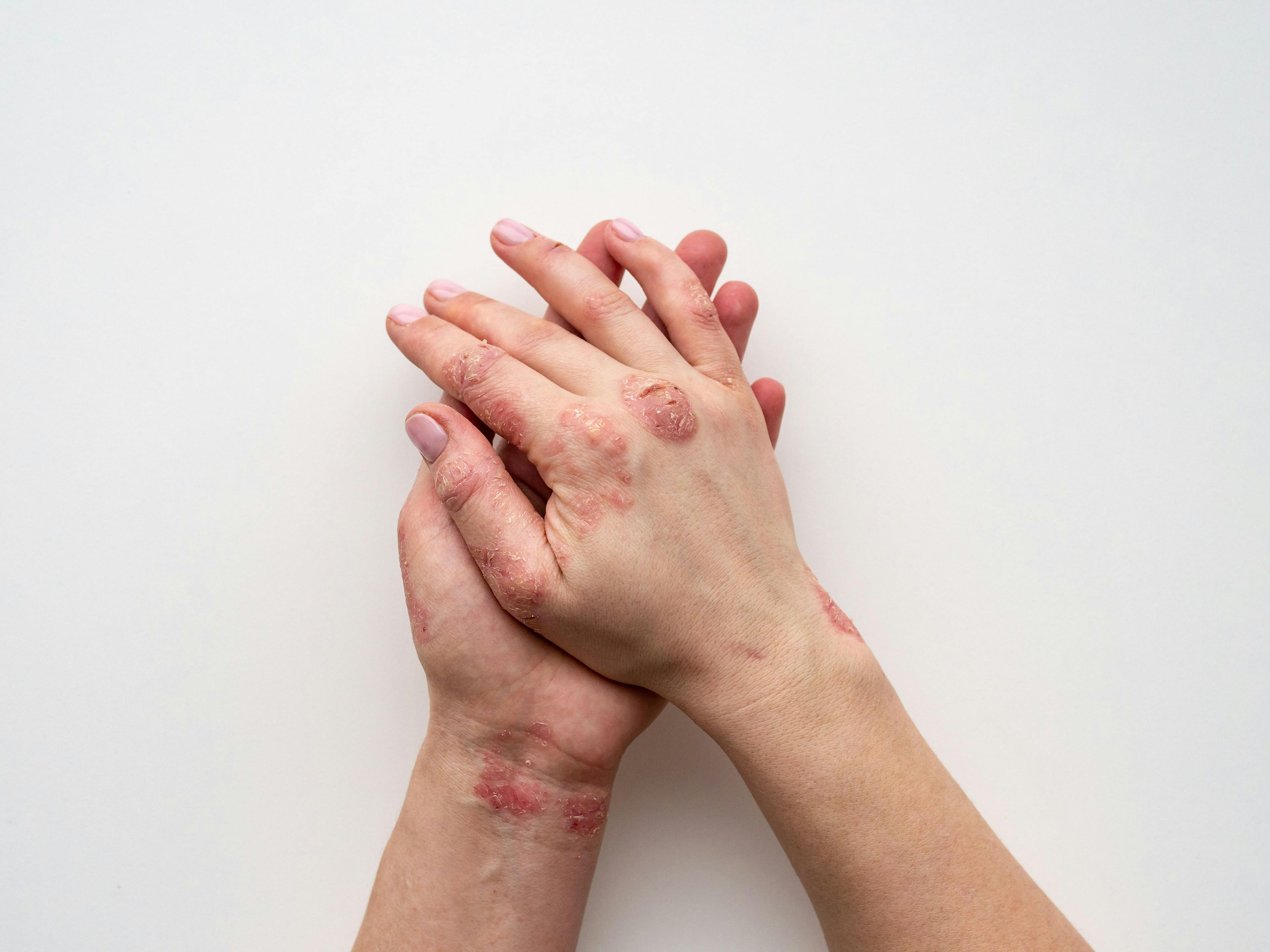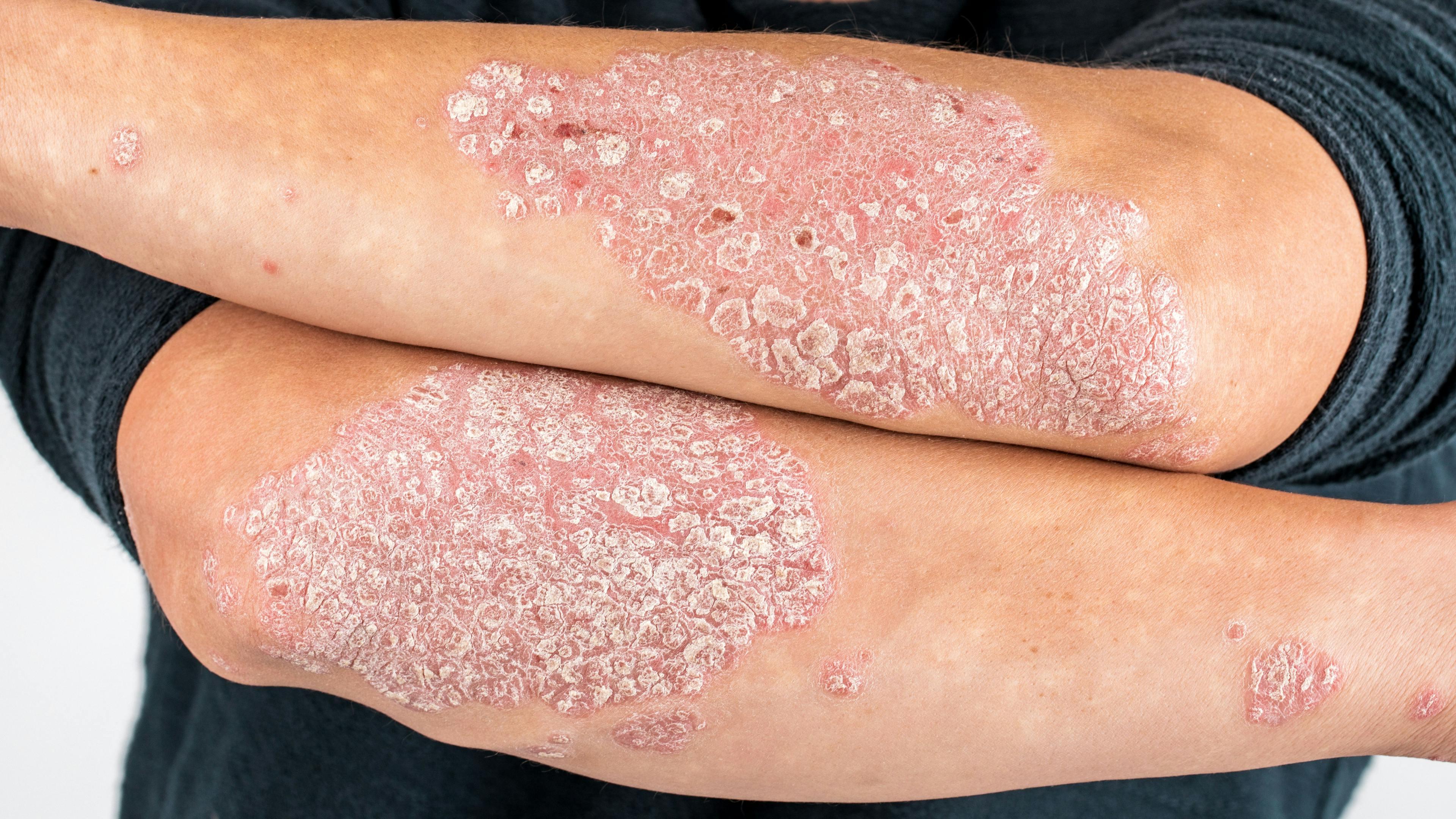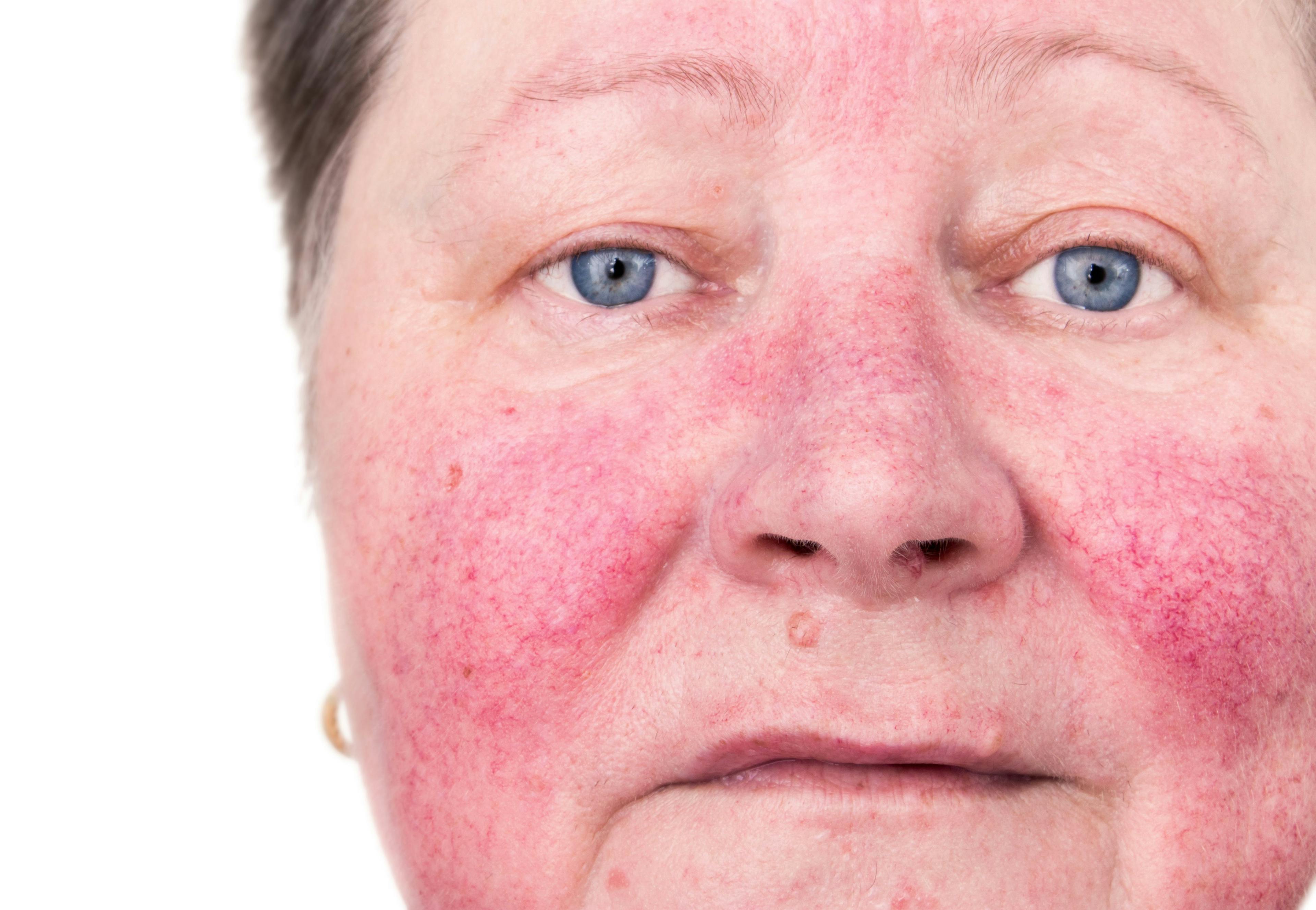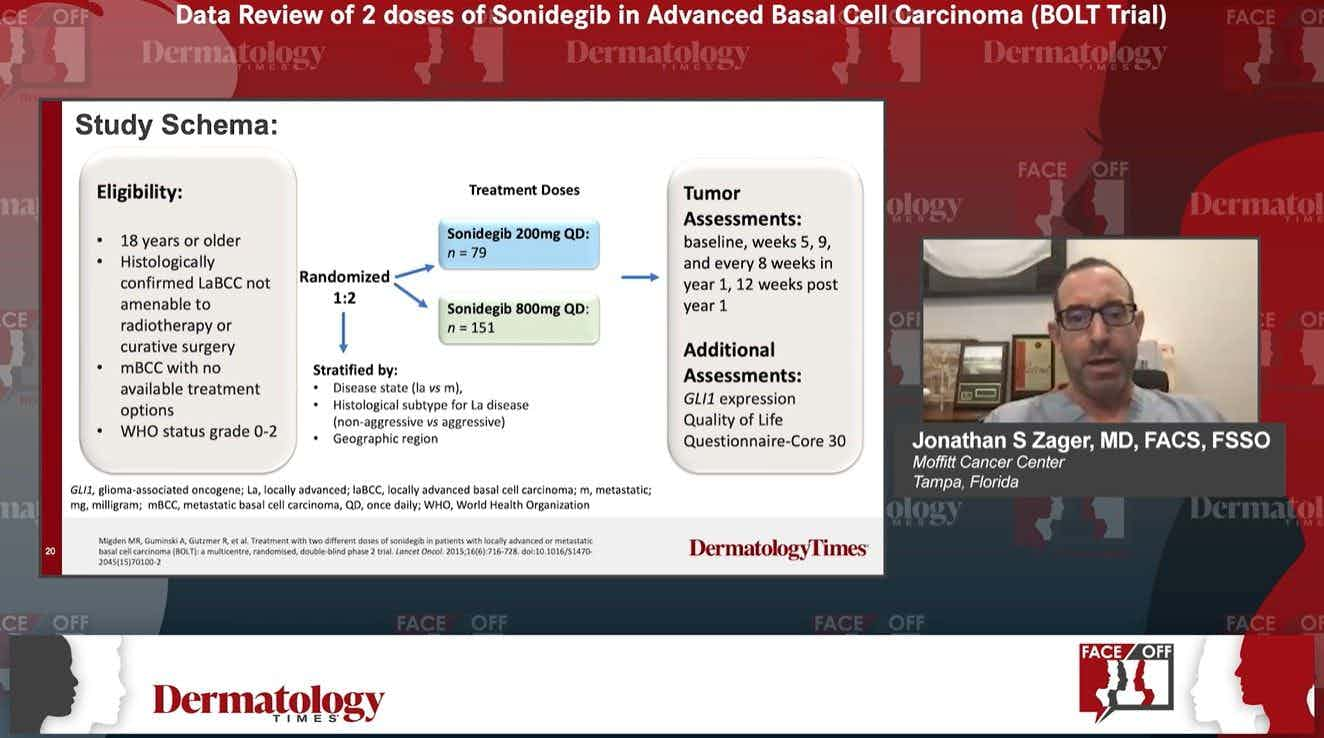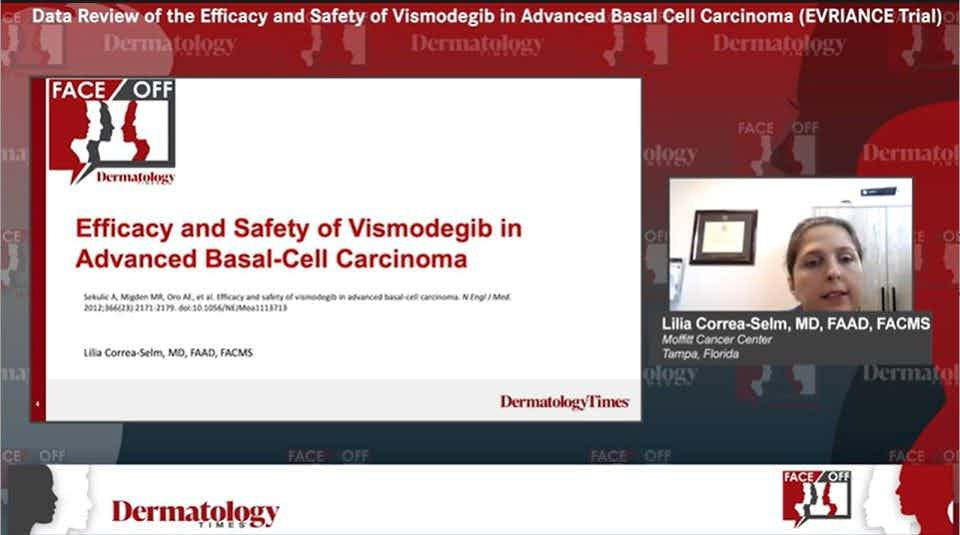- Acne
- Actinic Keratosis
- Aesthetics
- Alopecia
- Atopic Dermatitis
- Buy-and-Bill
- COVID-19
- Case-Based Roundtable
- Chronic Hand Eczema
- Drug Watch
- Eczema
- General Dermatology
- Hidradenitis Suppurativa
- Melasma
- NP and PA
- Pediatric Dermatology
- Pigmentary Disorders
- Practice Management
- Precision Medicine and Biologics
- Prurigo Nodularis
- Psoriasis
- Psoriatic Arthritis
- Rare Disease
- Rosacea
- Skin Cancer
- Vitiligo
- Wound Care
Publication
Article
Dermatology Times
Researchers Suggest Vaccine Can Help Prevent Skin Cancer
Author(s):
A recent study examined the possibility of using an mRNA vaccine to prevent the development of skin cancer.
A team of researchers from Oregon State University College of Pharmacy believe that a vaccine stimulating production of a protein critical to the skin’s antioxidant network may be a strong defense mechanism against skin cancer.
In their study, published this January in the Journal of Investigative Dermatology, the researchers discovered that redox manipulation is critical for the body’s defense mechanisms.
“We need to be ready and geared to protect ourselves against any types of external threats—environmental toxins, and prevent against disease onset,” said study leader Arup K. Indra, PhD,College of Pharmacy at Oregon State University-Oregon Health & Science University, in Corvallis.
Indra noted his group is focused on melanoma prevention and treatment and the researchers set out to explore the role of redox regulation in this process.
He explained that pigment-producing melanocytes overcome frequent oxidative stress in their physiological role of protecting the skin against the deleterious effects of solar UV irradiation thanks to the activity of several endogenous antioxidant systems, including the thioredoxin antioxidant system, in which thioredoxin reductase 1 (TR1) plays an important part.
“We discovered that this protein—TR1—basically plays a significant role in our defense mechanisms in regard toredox regulation,” Indra said. “When you do not have this protein, it increases the sensitivity of our skin cells to solar ultraviolet (UV) radiation.”
The researchers concluded that redox regulation by specific endogenous antioxidant proteins is an important determinant that controls survival of the cells that develop aggressive melanoma.
“Without specific proteins like TR1, oxidative stress is elevatedwhich can be a crucial determinant to promote melanoma metastasis,” Indra said, adding that developing a vaccine approach could be effective to protect people from melanoma. “These results should open up new avenues and new ways to look into the steps to prevent and treat different types of skin cancers.”
Surprisingly, the COVID-19 pandemic played a big role in the study, as the success of the Pfizer and Moderna mRNA vaccines paved the path for the use of mRNA vaccine against external threats and diseases, he explained.
Indra also noted that ultraviolet radiation from the sun leads to oxidative stress, which intensifies the risk of skin cancers such as melanoma.
“We need to be protected enough to prevent us from excessively suffering from external insults such has harmful UV radiation,” Indra said. “Following uptake of the mRNA into the cell and the cell’s machinery going to work, the cell should be at a high antioxidant capacity and would be able to take care of elevated oxidative stress arising from ultraviolet radiation.”
While the study’s findings are nothing new; in fact, there have been more than 4 decades of study about dietary antioxidants being a possible source of inexpensive, low-risk agents for cancer prevention, there have been contradictory results suggesting that it could be in favor of preventing cancer, depending on when and how those antioxidantsare delivered.
“Without pre-clinical data from animal models, one cannot demonstrate definitively how this protein even contributes towards our antioxidant defense systems,” Indra said. “Our first demonstration showed that TR1 is a critical defense mechanism for our pigment producing melanocytes in the skin, despite having other antioxidant proteins present in those same skin cells, which is expected. Just by unplugging this one particular protein, you destabilize the process of oxidative regulation in the skin.”
The researchers used a mouse model to probe TR1’s role in skin cells’ health and stability. The study involved a melanocyte specific ablation of TR1 in the skin of mice and subsequently challenging the engineered mouse model with UVB to monitor responses to UV including DNA damage, oxidative stress, and UV-induced proliferation and migration.
An interesting observation, Indra added, was a significant reduction in the number of melanocytespresent in the skin and in their proliferation in the absence of TR1.
“Furthermore, melanocytes exhibited an elevated level of oxidative stress induced DNA damage in the form of 8-oxo-2’-deoxyguanosine after acute UVB treatment,” he said. “We also saw an engagement of compensatory antioxidant mechanisms through increased nuclear localization of transcription factor NRF2, a key facilitator of cell’s redox signaling.”
Consequently, these data indicate that melanocytic TR1 positively regulates melanocyte homeostasis and pigmentation during development and protects against UVB-induced oxidative stress.
“We really hope that our defense mechanisms should be boosted and if we can achieve that, we can create a way to protect ourselves against harmful solar UV radiation for ourselves and future generations,” Indra said. “We’re at the tip of the iceberg, but the possibilities of how to prevent different types of disease progression such as cancer by modulating our bodies’ own antioxidant systems is an exciting proposition.”
Reference:
Carpenter EL, Wyant MB, Indra A, et al. Thioredoxin reductase 1 modulates pigmentation and photobiology of murine melanocytes in vivo. Journal of Investigative Dermatology. Published online January 2022:S0022202X21026051. Doi: https://doi.org/10.1016/j.jid.2021.11.030

Newsletter
Like what you’re reading? Subscribe to Dermatology Times for weekly updates on therapies, innovations, and real-world practice tips.



